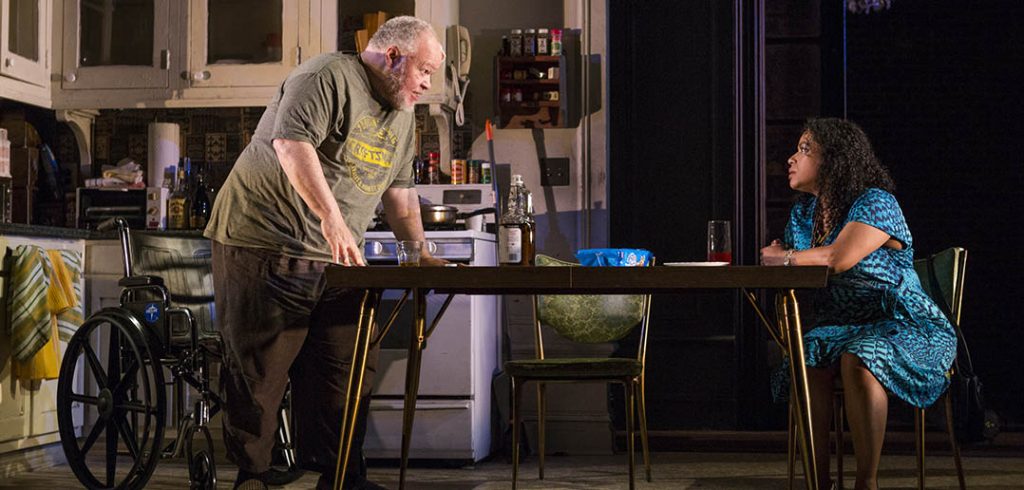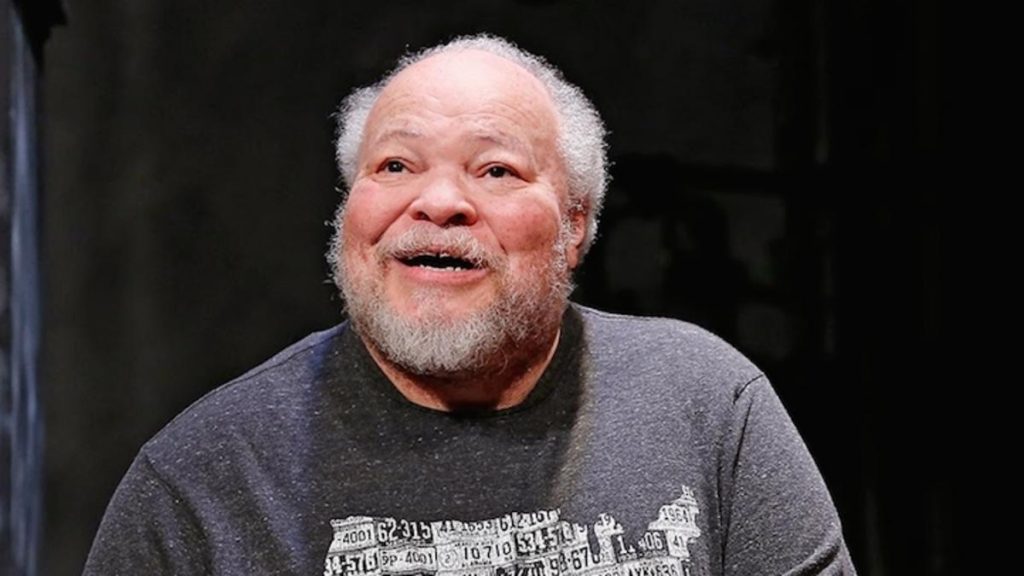Fordham’s theatre program will welcome Stephen McKinley Henderson in the fall as the newest Denzel Washington Endowed Chair in Theatre.
Henderson recently starred in this year’s Pulitzer Prize winning play Between Riverside and Crazy and is completing his final year as a theater professor at the State University of New York at Buffalo, a position he has held since 1987. He will travel between Buffalo and New York City to teach at both schools.
“As an actor you’re fortunate to have a tough schedule. That means you’re working,” said the veteran actor.
From playing opposite Denzel Washington in August Wilson’s play, Fences, in 2010 to a recurrent role as a judge on TV’s Law and Order to his role as White House servant in the film Lincoln, Henderson has transcended the limitations of a single medium. He credits his experience in stage acting, however, with giving him the chops to do so.
“The theater is where acting began, so if you want to study the craft of acting you want to study the history of it,” said Henderson.
Henderson, a native of Kansas, has performed extensively both on and off Broadway. He studied at the North Carolina School of the Arts, Purdue University, and at the Julliard School. He also studied with the late director and actor Lloyd Richards, the former dean of the Yale School of Drama.
When Henderson started out, he said that theater was about “consciousness raising” and about “being involved in the process of citizenship.” It’s a stance that he still holds to this day.
“Theater is a great service to the public, to the community, and to society,” he said. “It allows us to commune in our humanness.”
Matthew Maguire, the theatre program’s director, says of Henderson:
“The larger sense of what it is to be a human being pervades his work as a teacher and an actor on the stage. He’s got this amazing balance of affirming students, but there’s no lack of rigor in his approach. As a teacher, he’s not loose or permissive. He’s tough.”
Maguire called Henderson a “teacher of teachers” whose support was key in bringing the Fordham program forward when it came to racial issues in acting. Maguire had long ago asked his students to cross ethnic lines by playing roles of other races, which made many students uncomfortable. He said it wasn’t fully understood until Henderson told the students to prepare for the role as they would any other: through a close reading of the text.
“You listen to the music of the writer and you’ll start to sound a little bit different,” said Maguire. “He gave me a sense of permission in which we could use art to make social change.”
Henderson said he is not a purist when it comes to teaching, and said he intends to pass on a variety of methods he’s learned over the years. But while he holds various methods of acting in high regard, he said good acting always refers back to the play and the audience.
“The work is text specific,” he said. “You’re examining a piece of dramatic literature, and the artist has to come up with a series of exercises on how to best to serve the play.
“You start with the rules, but it’s not about the rules; it’s about the exceptions. What is right for you in this moment? It’s not a self-absorbed journey. It’s about the others in the room. It certainly isn’t just about entertainment. We may do it for the audience but it’s always done on the art’s terms.”


